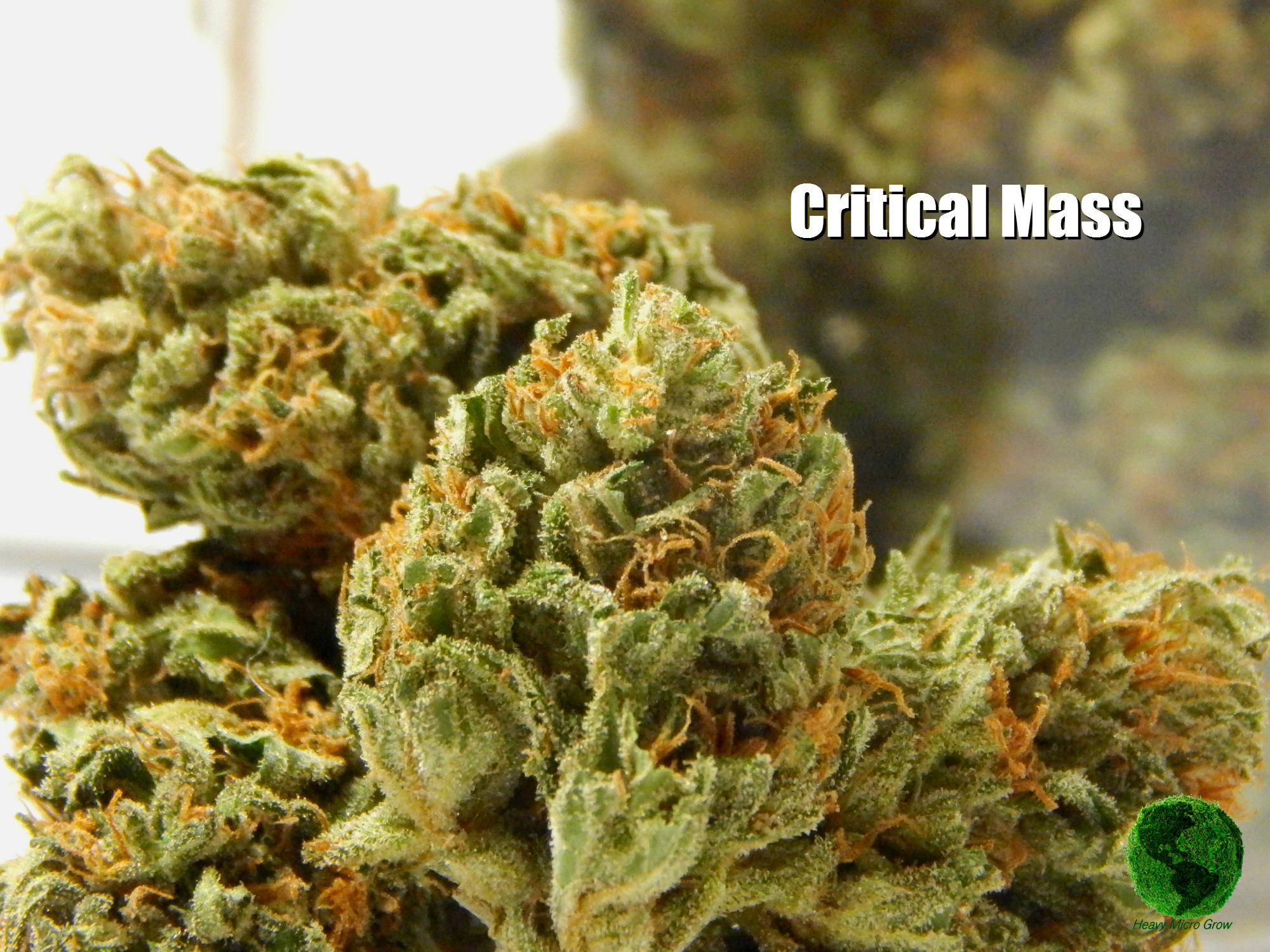The legal weed industry in the United States continues to grow as more and more states pass legislation to legalize recreational marijuana. In Massachusetts, on November 8, 2016, a majority – almost 54% – of state voters answered yes to Question 4, a bill to legalize the recreational use, possession, cultivation, and sale of marijuana. This move means that Massachusetts will join California, Nevada, and Maine as one of the next four states to legalize weed.
The new law, which went into effect on December 15, allows anyone over 21 to possess up to 10 ounces of marijuana in their home and up to one ounce outside of the house. Anyone found carrying over one ounce faces a $100 fine. Residents may have up to six plants growing in their house (or up to 12 plants if two or more adults live in the home) and these plants must not be visible from outside. Public marijuana use will not be permitted in places that already prohibit smoking. Finally, like alcohol, open containers of marijuana or driving while high are illegal.
Yes, this new bill means that big changes are coming to the state’s weed industry. There are also major ramifications of legalizing weed; what should you expect?
The Pros and Cons of Legalizing Marijuana
Quite possibly one of the most driving motivators to legalize weed is the associated massive increase in sales revenue. States like Colorado and Washington have already seen sales surpassing $1 BILLION (billion, with a B) since legalizing weed, boosting tax revenues and the local economy. Not to mention the millions of dollars that were spent on law enforcement pursuing marijuana-related offenses can now be redirected elsewhere. Open competition means that organized crime like drug cartels will lose their income stream, and the violence associated with the illegal drug trade will decrease. Quality controls implemented with legal weed mean that people do not have to resort to buying questionable weed from a shady dealer off the streets. Finally, in recent years, numerous medicinal benefits associated with marijuana and cannabis oil have become publicly known. Legal weed means that those afflicted with health conditions like Crohn’s disease, epilepsy, multiple sclerosis (MS), post-traumatic stress disorder (PTSD), and perhaps even those undergoing chemotherapy have better access to a possibly more effective treatment.
But what are the downsides? Opponents of legalization rightfully argue that marijuana can be a dangerous substance with adverse effects and can put others in danger if used irresponsibly. States like Washington and Colorado have seen an uptick in marijuana-related fatal car accidents. While analysis of the THC found in drivers’ bodies remains inconclusive, as there is no proven way to determine how high a person is from weed in a way similar to alcohol, the correlation seen between legalization and more motor accidents is enough to raise concerns. Although the bill stipulates that weed is legal only to those 21 and over, there will no doubt be a trickle-down effect where younger age groups have easier access to it; this is dangerous because marijuana can be more psychologically damaging to their younger, still-developing brains. Finally, marijuana poses some risks to heart and lung health similar to those of cigarettes, and while not as addictive as harder drugs, marijuana users can develop a dependance over time and may have withdrawal symptoms like anxiety and irritability after stopping.
Marijuana in Massachusetts
All things considered, what’s in store for Massachusetts’ weed economy? In December 2016, Massachusetts governor Charlie Baker signed a bill which will delay the opening of marijuana stores until mid-2018. Recreational marijuana would still be legal to possess, but until the first shops open up, marijuana can only be legally sold to medical marijuana patients. Lizzy Guyton, a spokeswoman for Gov. Baker, said that Baker, along with other state lawmakers, want measures to be implemented beforehand to “thoroughly prepare for the start of a new industry distributing a controlled substance.”
Activists who protested the governor’s signing of the bill say that it “flies in the face of the will of the voters” who voted to legalize the drug back in November. Concerns were raised that the bill would create a legal gray area – a timeframe in which people can legally possess it but cannot buy it, possibly leading to more people getting arrested. This delay is due to the fact that Massachusetts legislators still need to create a three-member “cannabis control commission” to review applications for marijuana shops and issue the appropriate licenses. For now, the state will only have medical marijuana dispensaries, and these can be found in cities like Boston, Lowell, Northampton, and Salem.
Final Thoughts
This is just one step of many towards a future where legal recreational weed is commonplace in the United States. Public opinion on marijuana legalization has shifted dramatically in recent years, and Massachusetts is now further proof of that by becoming one of the next states to take this step. Although there are still heavy regulations on marijuana, even within the states that legalized it for recreational use, the ball is definitely rolling and more states will inevitably follow by passing their own legislation

